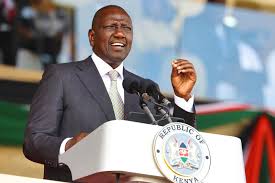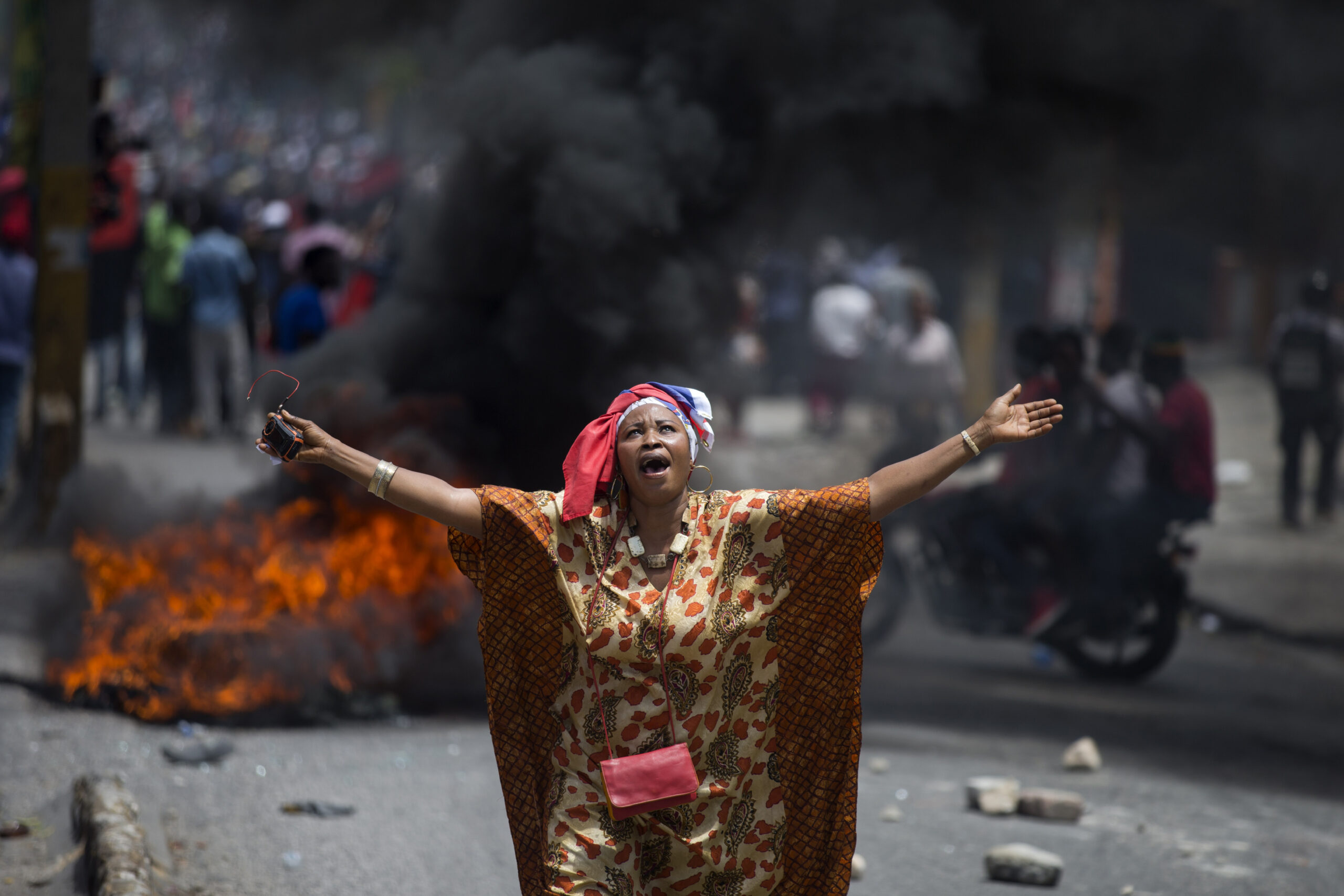David Monda – Political Science Department, Graduate Center. @dmonda1, davidmonda.com
As President Ruto continues his state visit to the United States, the question of the Republic of Haiti remains a thorny issue confronting both the United States and Kenya. The US has had a tortured relationship with the island nation since its independence in 1804. Haiti’s independence exploded fears in the US that the expulsion of white French colonialists by the majority black population of Haiti would inspire slaves in the US to revolt against their masters, resulting in a race war. A little over one hundred years later, from 1915-1934, at the turn of the 19th Century, Haiti was occupied by the US as America developed an appetite for colonial conquest in the Caribbean region. American occupation of Haiti ended in 1934, but not after the US established the roots of the brutal Duvalier ruling aristocracy. The crisis of leadership that persists today developed during the rule of the Duvaliers. This illustrates that US intervention in Haiti has not been successful. Kenyan intervention, with the support of the North American behemoth, will similarly fail.
More recently, the US supported the United Nations’ intervention on the island in 2004 under the framework of the United Nations Stabilization Mission in Haiti (MINUSTAH). This intervention ended with the withdrawal of UN forces in disgrace, facing charges of child molestation, rape, and deliberate spreading of cholera. With this poor background to intervention in Haiti, Kenya’s acceptance to lead another intervention in Haiti raises more questions than answers. Firstly, the recent deal signed between President William Ruto and former Prime Minister Ariel Henri to send 1,000 Kenyan policemen to Haiti has been challenged in the legal community as illegal. This is because the former Prime Minister Henri had no legal mandate to sign the agreement on behalf of the Haitian Republic. Critics of the proposed Kenyan intervention have also questioned what Kenya’s national interest is in intervening in Haiti. The case for Kenya to make this intervention has not been presented by the head of state to the Kenyan people. In addition to this, a clear articulation of what the national interest for Kenya in this intervention is, has also not been made.
The Ruto Administration’s closeness to the US on matters like police deployment to Haiti reinforces the idea that the US is subcontracting the danger and potential loss of life in Haiti to Kenya, while keeping its military forces out of harm’s way. To Haitians, it appears that the US is using one black African nation in Kenya to assert its regional hegemonic designs in another, that is Haiti. With the proposed police deployment to Haiti, which has been challenged in Kenyan courts, Kenya appears as a benign tool in the advancement of American global interests.
Haiti is a major issue that President Ruto will have to address during his state visit to the US. The irony of Kenya sending a police force to bring security to Haiti, as Kenya faces its own plethora of security challenges in the Rift Valley and the border with Somalia, has not escaped the Ruto Administration’s detractors. These officers that are going to Haiti should be engaged in domestic policing, not engaging in operations in a faraway island state with no direct national interest in Kenya.
Lastly, Haiti remains a thorny issue during President Ruto’s visit to the US because no exit strategy has been identified by either Kenya or the United States. The question of what institution will have jurisdiction over potential human rights violations by the Kenyan police has not been addressed. As it stands, the Haitian judicial system is non-functional, and Kenya will not accept its forces tried by a foreign court. In addition to this, Kenya will have to rely on US troops for extraction should the security situation deteriorate, and force evacuation become necessary. The realities of this scenario have not been addressed by either the Kenyan or US governments. The Haiti mission appears to be a US invasion of a regional state via a proxy willing to be used to satisfy the hegemonic interests of a global power. The future does not look good for Haiti given the historical colonial intervention of the US. President Ruto will be hard-pressed to address this concern during his trip to the United States.


